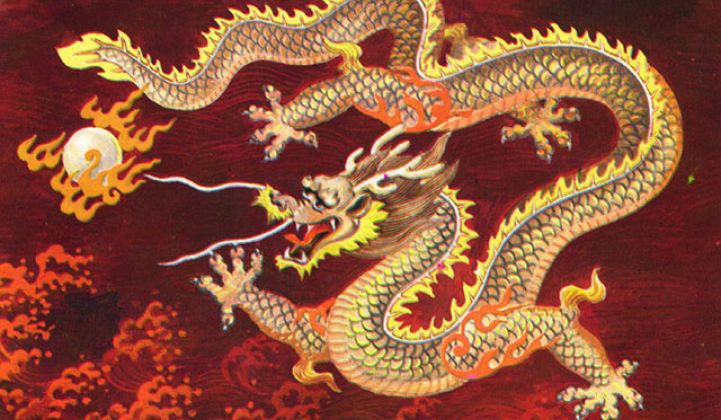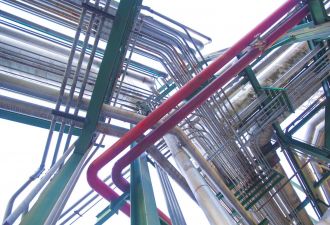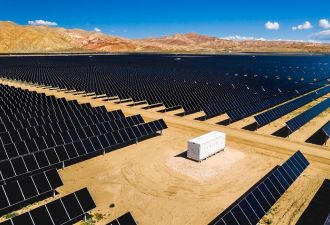The Commerce Department has now reached preliminary countervailing duty (CVD) and antidumping (AD) determinations in the case Crystalline Silicon Photovoltaic Cells and Modules From China (Solar Cells From China). The rates range in the CVD case from 2.9 percent to 4.73 percent, with the average rate being 3.6 percent, and in the AD case, rates range from 31 percent for mandatory respondents to 250 percent for Chinese companies that choose not to participate at the Commerce Department.
The focus of the Solar Cells case now shifts somewhat to the U.S. International Trade Commission (ITC) and its final injury investigation. The question is whether U.S. importers will fight at the ITC or not. If the importers choose not to fight, the present total retroactive liability for U.S. importers could be close to $100 million.
Many U.S. companies do not understand how the U.S. AD and CVD laws work. The real target of U.S. AD and CVD law is not the Chinese companies, but the U.S. companies that import products, such as solar cells, into the United States. U.S. importers are the companies that are liable for AD and CVD duties, not the Chinese companies that export products to the U.S.
The U.S. importers are particularly vulnerable in the Solar Cells case because the Commerce Department has found critical circumstances (CC) in the AD and CVD cases, as Commerce found that there was a large surge of solar cell imports from China after the petition was filed last year. If the CC decision stands, the Commerce Department and U.S. Customs and Border Protection (CBP) will reach back 90 days prior to the preliminary determination dates to pick up imports of solar cells from China. Since the Commerce Department preliminary CVD determination was published on March 26, the Commerce Department reaches back to imports that entered on or after December 27, 2011. Since the AD preliminary determination was published May 25, Commerce and CBP will reach back to imports on or after February 25, 2012.
Based on conversations with importers, hundreds of containers came into the United States for two reasons after the petition was filed. U.S. government programs provided substantial incentives for solar cells contracts that concluded at the end of December 2011. Because of these U.S. government programs, imports increased. Imports also increased because in the face of extreme rhetoric from U.S. politicians about Chinese government subsidies to the Chinese solar cell industry, in its preliminary determination Commerce found a CVD rate of only 3.6 percent. After the very low CVD preliminary determination, more containers were imported into the U.S.
The CC decision will stay in place unless the ITC, in its final injury investigation, reaches a negative CC determination. The ITC, in its final injury determination, must determine with regard to CC whether the surge in solar cell imports would undermine the remedial effect of the orders. If the ITC reaches a negative CC determination, CC will stop and U.S. importers’ liability will start at the preliminary determination dates and not go back 90 days.
If the ITC reaches a negative conclusion, there will be no CC determinations in about 70 percent to 80 percent of the cases, but in this case, there are two problems. First, there was a substantial increase in imports of solar cells from China, and if there are substantial inventories of solar panels held by importers, that is a good reason for the ITC to reach an affirmative CC determination. Second and more importantly, in the preliminary injury investigation, many U.S. importers decided not to participate -- forcing the ITC to use official import data because there simply was not enough participation and responses to the ITC importer’s questionnaires.
If U.S. importers continue to lie back and let someone else fight for them, the ITC simply will not have the data to reach a no CC determination and will have no choice but reach an affirmative CC determination in the final injury investigation. Failure to participate and fight at the ITC in the final injury investigation dooms all U.S. importers.
***
Mr. Perry is a partner at the Dorsey & Whitney Law Firm, where he heads the International Trade Practice Group. Before entering private practice, Mr. Perry worked in the Office of General Counsel, U.S. International Trade Commission, and Office of Chief Counsel and Office of Antidumping Investigations, U.S. Department of Commerce.



